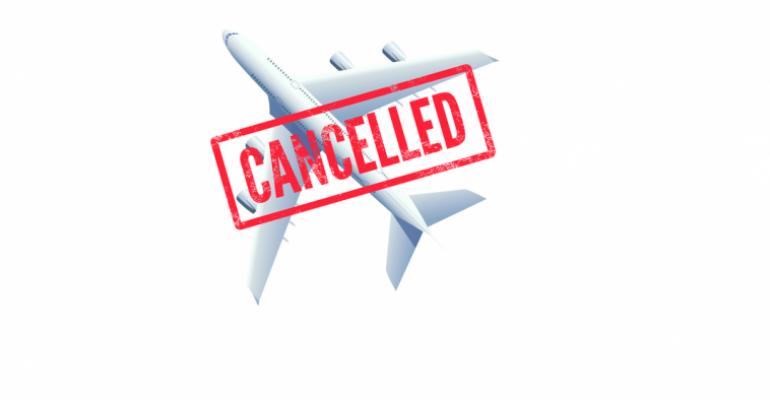Meeting professionals across the world are checking their cancellation and attrition clauses as events brace for the coronavirus fallout.
“We are seeing direct impacts on programs that travel to or through China—even programs a year away,” said Beau Ballin, commercial leader, North America, CWT Meetings & Events. “Just yesterday, one of our clients made the difficult decision to move the destination for its 2021 program in Bali, Indonesia, as a result of most flights routing through Hong Kong.
“While the client’s program may not be until 2021, the drivers for a change in destination were quite simple,” Ballin said. “First, current travel restrictions made the site inspection planned for next week challenging. Second, and perhaps more important, is the perception and risk associated with the travel in the context of a plan to announce [to prospective qualifiers] and celebrate the destination this week. The client simply felt that the announcement would be welcomed with more concern than excitement.”
At Creative Group, a client’s 50-person meeting planned for an Asian destination outside of China at the beginning of March has been postponed. The event had attendees coming from both the U.S. and China, said Jerry Murphy, Creative Group’s vice president of customer experience, who noted that suppliers have been understanding in the wake of the health emergency. The group expects to rebook in the same location later this year, probably in the third quarter, Murphy said.
Of course, some events in the U.S. are affected as well. Last week, Murphy’s team was in discussions about how to handle a 150-person corporate meeting that was expecting about 10 attendees from China. The decision was taken out of their hands, however, when the U.S. government on January 31 announced that it has temporarily barred entry to foreign nationals who have been in China unless they are immediate relatives of U.S. citizens or permanent residents.
Bruce Morgan, chief operating officer at BCD Meetings and Events, also confirms cancellations and “precautionary postponements throughout the [Asia] region.” Morgan says that BCD M&E is “busy counseling clients on options for later-date operations as well as alternate ways to achieve their business objectives under the circumstances.
“Virtual meetings, with compelling content and different ways of connecting, are a valid alternative,” Morgan said, “and we are seeing interest within our markets to embrace new thinking on this front. In the end, clients still need to connect with their internal and external audiences, and it is our job to help them explore all options.” At CWT M&E, Ballin hasn’t yet noticed an uptick in videoconferencing events, but has seen “small in-person meetings canceled and be replaced by web-based conference calls.”
In addition to staying on top of the dynamics of airline cancellations and change-fee waivers and providing clients with the best information available, Murphy says Creative Group is considering what it can do as it relates to its duty of care. The company is working with its hotel partners and transportation companies to ask what precautions they’ve put in place to limit transmission of viruses among guests—such as the availability of antibacterial handwipes and hand sanitizer gels—with an eye to raising the visibility of those safeguards.
Meetings industry associations are also working to provide members with up-to-date information. The Professional Convention Management Association, the U.S. Travel Association, and the Events Industry Council have all created coronavirus resource pages. The comprehensive EIC page includes a wide range of links, including the John Hopkins University’s disease tracker and the World Health Organization’s coronavirus-related recommendations for the public.
The EIC site also has a statement from the association’s CEO, Amy Calvert, who counsels organizations to consider the repercussions of their decisions to cancel or postpone events. She writes: “While we continue to monitor the outbreak, we recognize that this will impact not only the health of individuals, but also regional economies that will need support and leadership. Paramount is the need to ensure that event professionals are making informed decisions related to travel and meetings that prioritize the health and safety of participants and workers, and support communities at risk. Should your plans find you in a position to cancel travel or meetings and events, consider it a postponement and find other ways to support the communities that have been affected. In doing so, make firm plans to return, and be transparent and timely with your communications to partners and event stakeholders.”





